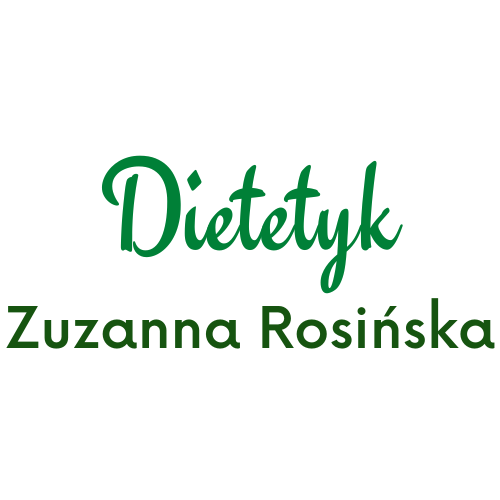Diet for atopic dermatitis Bez kategorii
The diet for atopic dermatitis (AZS) supports the drug treatment.
Atopic dermatitis (ASD) is a chronic, recurrent, inflammatory skin disease that may be associated with other atopic diseases such as bronchial asthma, allergic rhinitis and food allergy. Its etiopathogenesis consists of many factors (including genetic, environmental stress, immune and skin factors).
It is a disease that significantly reduces the quality of life due to periodic recurrence of inflammation and eczema of the skin.
Many patients require intensive local treatment, some of the most severe patients also require systemic immunosuppressive therapy. Drug therapy is often associated with a number of symptoms of side effects of the drugs used. This is often the reason why interest in alternative therapies for AZ is growing.
One and quite effective method to support the treatment is a well chosen diet.
According to recent research, neurodermatitis can be attributed to food allergies. Many studies suggest that certain foods may cause the skin changes to worsen in some patients with AZ. For some patients, an elimination diet may be helpful, where certain foods that contribute to worsening inflammatory changes in the body are removed from the diet.
Diet for atopic dermatitis
If at least one parent has a food allergy, breastfeeding should be prolonged for at least 6 months.
If you do not have enough to eat or are unable to breastfeed, you should choose hypoallergenic modification milk. It is marked with the symbol HA. When diagnosing AZ in an infant, a formula containing protein hydrolysates (e.g. Neocate, Nutramigen AA, Pregomine) should be selected.
Potentially allergic products should be introduced as late as possible (recommended only from 7-8 months) with a long break in between. Introduction of gluten-containing products only from the age of 9 months, eggs, fish and exotic fruits, celery, peas from the age of 12 months. Nuts on the other hand at the age of 36 months.
In pre-school and school children, attention should be paid to a balanced diet and sufficient intestinal flora. The best solution is to introduce prebiotics and probiotics into the diet. However, they should be under constant paediatric supervision. Products to support the intestinal flora for children on the market are: Bebilon pepti, Nutramigen LGG, Hipp Plus.
Pregnant women are advised to avoid products based on peanuts and oil fruits. If you are prone to allergies, it is also recommended not to eat eggs, fish and milk. Pregnant women are also recommended to consume prebiotics and supplement probiotics.
The diet of pregnant women should not lack omega-3 fatty acids and an adequate supply of vitamin D.
People suffering from AZ are not advised to exclude certain product groups too strictly without consulting a specialist such as a nutritionist or family doctor.
